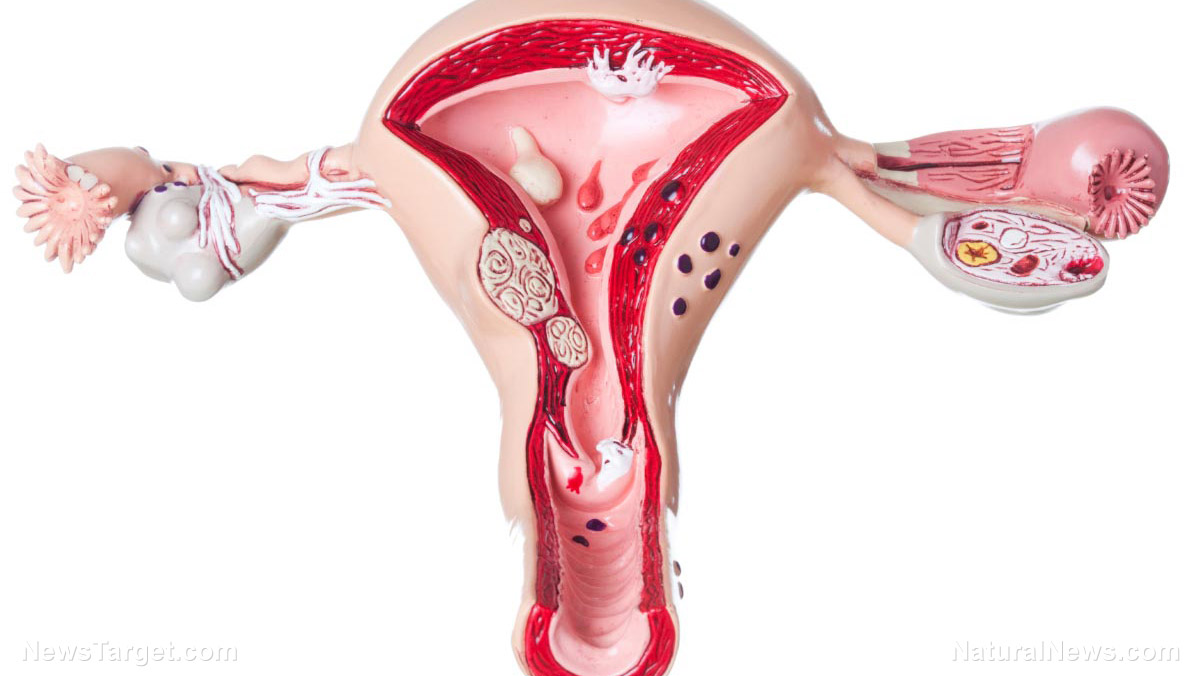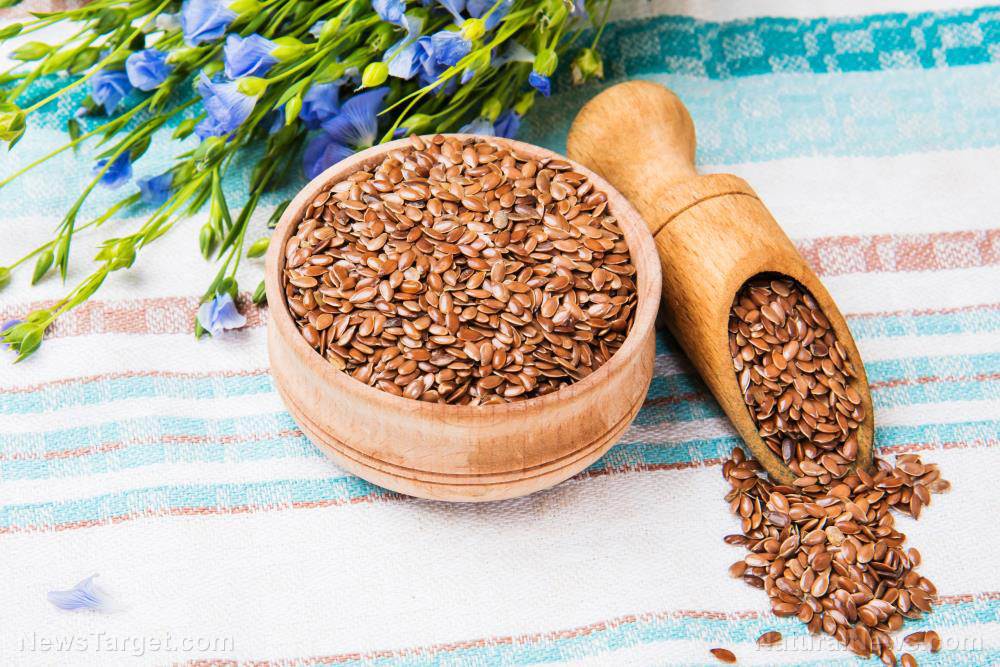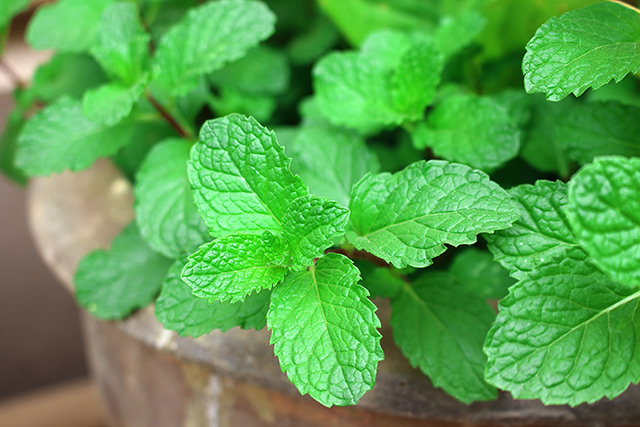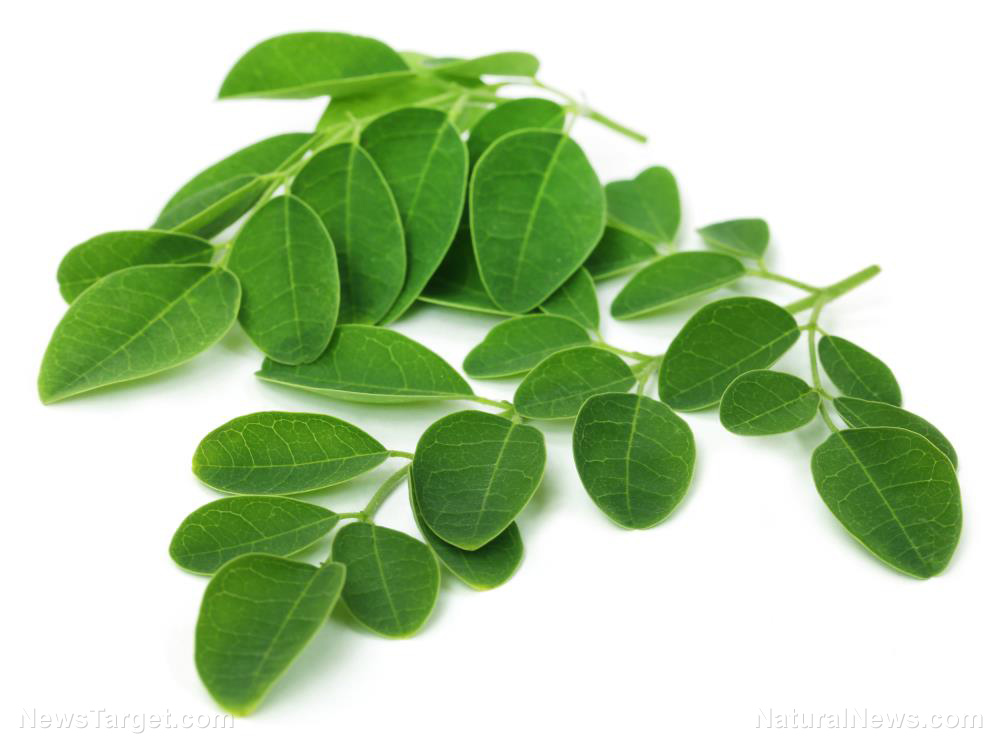Reverse aging with these 4 common vitamins
11/12/2018 / By Isabelle Z.

Most of us hope to live to see old age, but that doesn’t mean that every aspect of aging is fun. Everything from your physical appearance to your health and your mental performance will take a toll as you hit your twilight years. Thankfully, you can help to slow aging with a little help from Mother Nature.
Telomeres are repeating sequences of DNA that are found in the end of chromosomes, and they play a crucial role in aging as well as survival. In fact, preserving telomere length extends cell lifespan and could be the key to slowing aging. Shorter telomeres are associated with everything from obesity and diabetes to oxidative stress and inflammation, so preventing your telomeres from shortening prematurely can go a long way toward extending your life.
One study involving more than 100,000 participants found that those who had the shortest telomeres had a 23 percent higher chance of dying within three years than people who had longer telomeres!
Nutrition can have a surprisingly big influence on telomere length, so here is a look at four vitamins that you won’t want to skip if you want to grow old gracefully.
Vitamin D
According to studies, higher levels of vitamin D are linked to longer telomeres. An International Journal of Obesity study found that overweight participants taking 2,000 IU of Vitamin D per day managed to extend the length of their telomeres by nearly 20 percent. Another study found that women who had the highest vitamin D levels had telomeres that were considered five years “younger” than those with lower vitamin D levels.
This is because vitamin D preserves the length of telomeres by boosting the activity of an enzyme that repairs telomeres known as telomerase. Spend some time in the sun with some skin uncovered a few times per week to spur your body to create vitamin D.
Vitamin B Complex
The B vitamins can help your body get rid of telomerase-disrupting homocysteine, and they also help to support the healthy replication of cells needed for DNA manufacturing. Three B vitamins in particular stand out in this regard: folate, B6, and B12. In addition, these vitamins are needed for your body to produce SAMe, a compound that assists telomeres in doing their job.
You can get B complex vitamins from wild fish, legumes, grass-fed meat, berries, eggs, and whole grains.
Vitamin E
Vitamin E can correct malfunctions in telomeres, essentially repairing them. It can also reduce the stressors that can shorten telomeres. One study that looked at aging human cells found that treatment with the tocotrienols found in vitamin E could reverse age-related changes. In fact, the treated cells resembled younger cells with longer telomeres, the ability to replicate, and less DNA damage. Moreover, alpha-tocopherol vitamin E can slow the telomere shortening that comes with age dramatically, and its effects are long-lasting.
Turn to natural vitamin E sources like organic sunflower seeds, spinach, almonds, and butternut squash to enjoy these benefits.
Vitamin C
Vitamin C is a powerful antioxidant known for reducing free radical damage in cells, and it has also been shown in human blood vessel cell tests to reduce telomere shortening by as much as 62 percent compared to untreated cells. It has also proven remarkably useful in treating the premature aging disorder Werner Syndrome, outperforming every other compound tested when it came to lengthening telomeres, improving cellular nuclei, and decreasing inflammatory cytokine production.
In addition to citrus fruits, you can get vitamin C from kiwis, strawberries, leafy greens, and red bell peppers.
Scientists are still investigating the link between lifespan and telomere length, but increasing your intake of these vitamins can be an incredibly valuable tool in increasing your health and longevity.
Sources for this article include:
Tagged Under: aging, longevity, natural remedies, prevention, secrets of aging, supplements, telomere shortening, telomeres, vitamin B complex, vitamin C, vitamin D, vitamin E



















